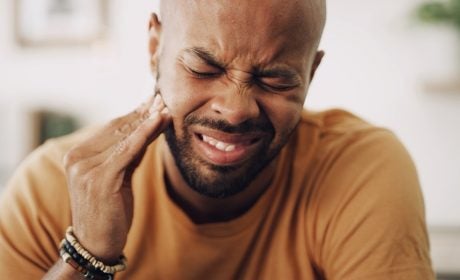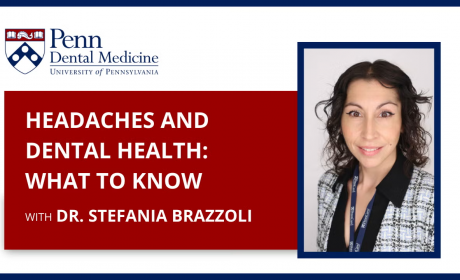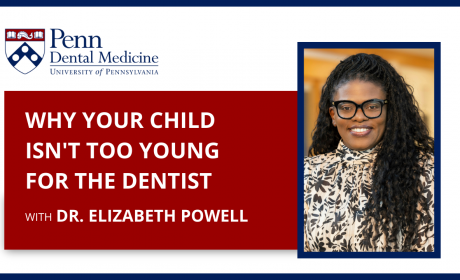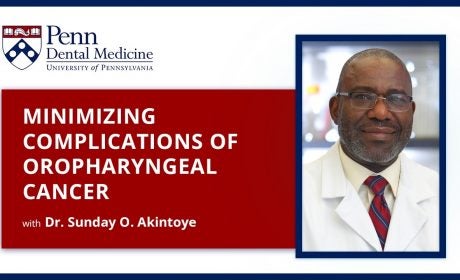
Kid-Approved: Top Tips for Children’s Dental Health
Get essential dental health tips for kids from PDM to keep smiles bright and teeth healthy for a lifetime.

Get essential dental health tips for kids from PDM to keep smiles bright and teeth healthy for a lifetime.

Get your questions about wisdom teeth extraction recovery and surgery answered with this informative guide from the experts at Penn Dental Medicine.

Can dental issues cause headaches? Dr. Stefania Brazzoli explores the link between the mouth and migraines in this video and article.

Although what dental implants cost can be daunting, Penn Dental Medicine in Philadelphia provides more affordable tooth implant options.

Did you know when you floss teeth, you’re not just helping your oral health, but your overall health, including heart health, too? Learn more.

How often should a child go to the dentist? Get the answers to your questions about infant oral care in this article & video from Penn Dental Medicine.

In this PDM video and article, learn about the barriers that keep African American men from recognizing oropharyngeal cancer symptoms and risks.

What causes a bloody taste in the mouth? Penn Dental explains the reasons why it could happen to you and what to do if it does.
Women often hear about menopause hot flashes, weight gain and more, but menopause and oral health also have a connection. PDM explains what you need to know.

If you’re looking for a dentist for a special needs adult and strategies to provide successful oral healthcare, PDM has the answers.